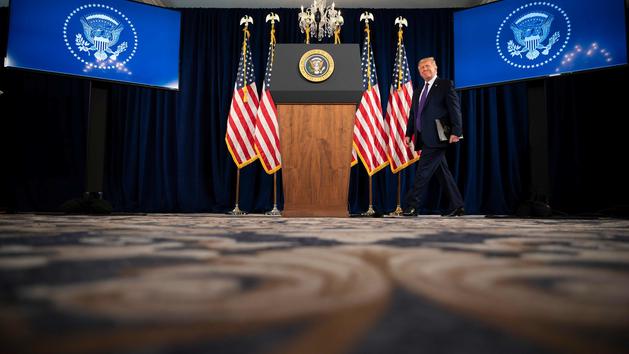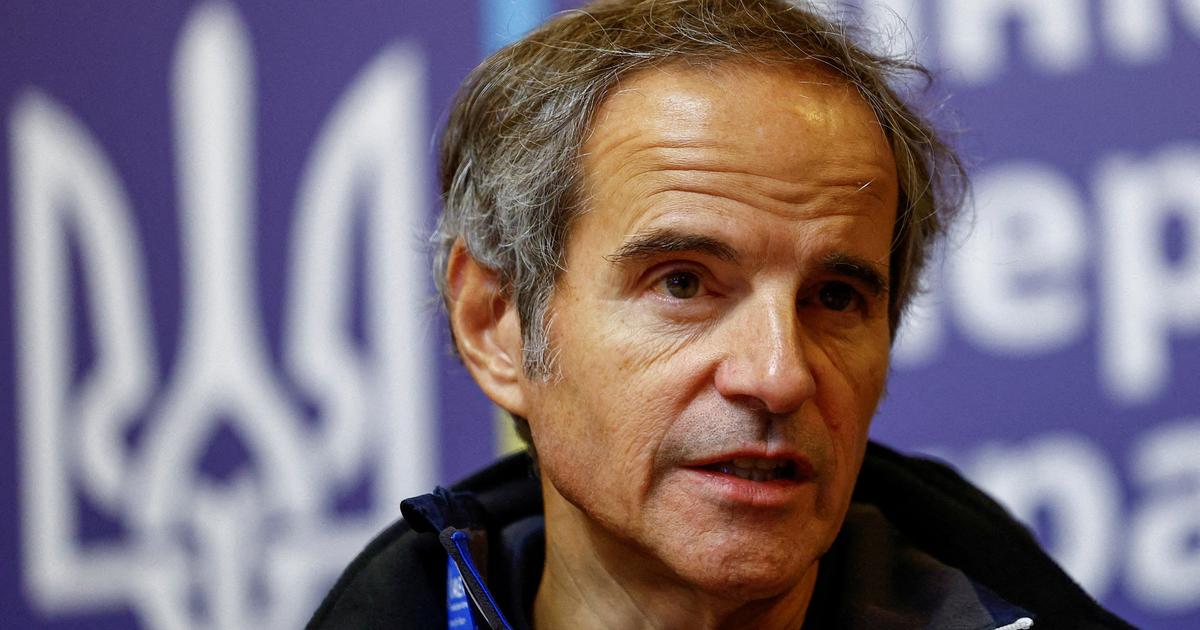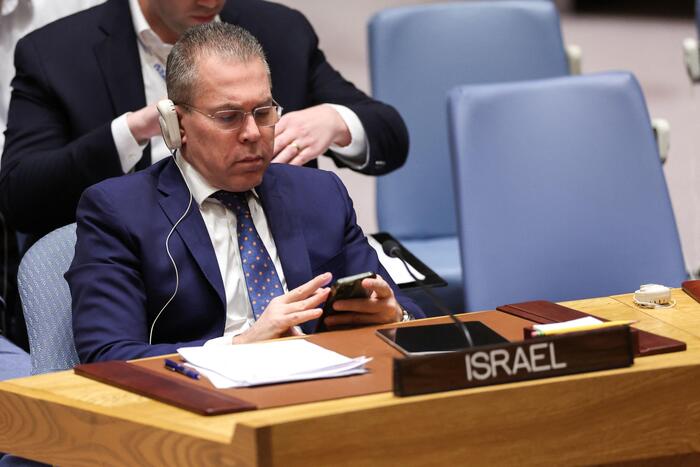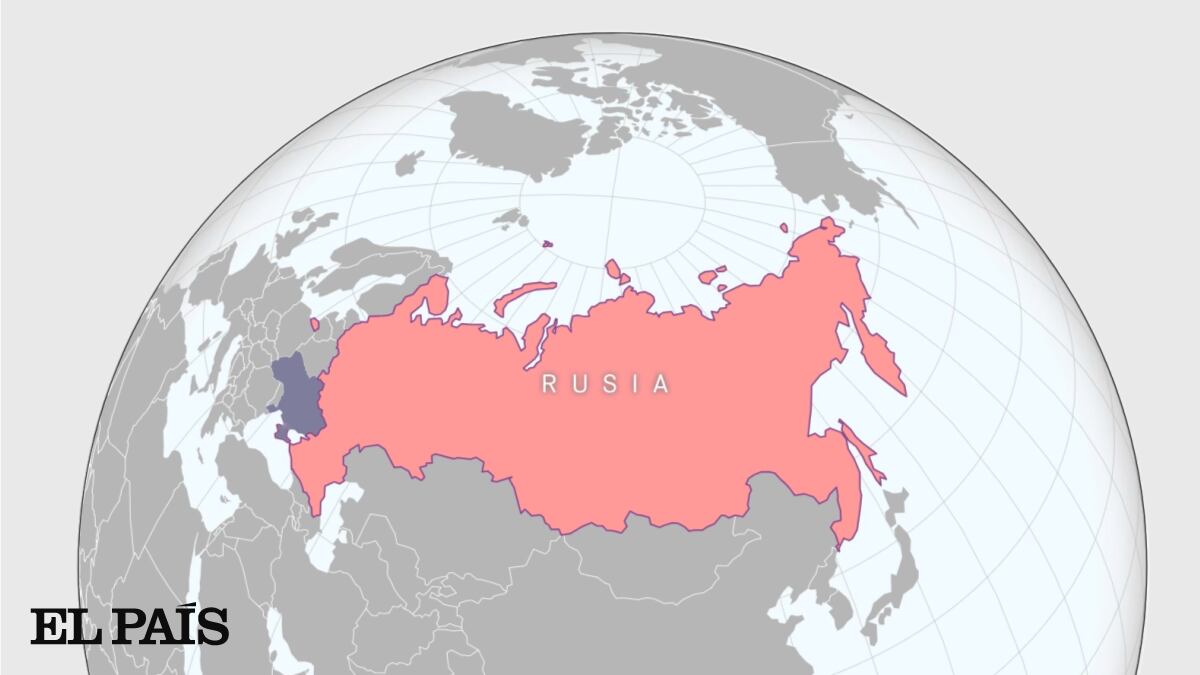The “ snapback ”, a mechanism aimed at forcing the UN Security Council to re-establish international sanctions against Iran, is an unprecedented procedure that Donald Trump's United States intends to use legally controversial.
Read also: Washington will activate a contested procedure at the UN to restore anti-Iran sanctions
After long negotiations, the permanent members of the Security Council (United States, China, Russia, France, United Kingdom) as well as Germany concluded an agreement with Iran in 2015: in exchange for the Iranian commitment not to carry out nuclear activities for military purposes, the sanctions against Tehran had been lifted. The Vienna agreement was endorsed by Security Council resolution 2231.
The "snapback" clause
At the time, the American administration of Democrat Barack Obama boasted of having obtained a " unique " clause allowing it, in the event of Iranian cheating, to re-impose - " snapback " in English - all sanctions without fear of a veto from another state.
According to resolution 2231, any “ participating state ” in the Vienna Accord can bring a complaint to the Security Council about “ significant breach of commitments by another participant ”. Within 30 days of this " notification ", the Council must vote on a draft resolution officially aimed at confirming the lifting of the sanctions: if the complaining State wishes on the contrary to reinstate them, it can veto the sanctions. this resolution, which makes the " snapback " automatic.
State "participating"?
In addition to the procedural complexity of this reverse veto, there is now a legal debate. President Trump in 2018 withdrew the United States from the Iran nuclear deal.
However, to activate the " snapback " from Thursday, Washington invokes precisely the status of " participant " in this same text that he left with a bang, on the grounds that resolution 2231 which granted it is still in force as it is.
What's going to happen ?
The sitting president of the Security Council - the Indonesian ambassador this month - is expected to " quietly consult with member countries " on " if they think the United States has the right to activate the snapback process Explains Richard Gowan of the conflict prevention organization International Crisis Group.
And the answer is not in doubt: a large majority of countries, including Washington's European allies, should say " no ". The president could therefore quickly decide to dismiss the American complaint, predicted this expert.
This is where the United States could attempt an even more baroque maneuver, by tabling itself a draft resolution in favor of maintaining the lifting of sanctions - the reverse of what it is demanding - and then veto their own text. " The most likely is that the last week of September, the United States will claim the success of the snapback, " said Richard Gowan. " There will be two parallel universes, an American universe where the sanctions against Iran will have been completely restored and then a universe with most of the other members of the Council " where " nothing of the kind will have taken place ".















